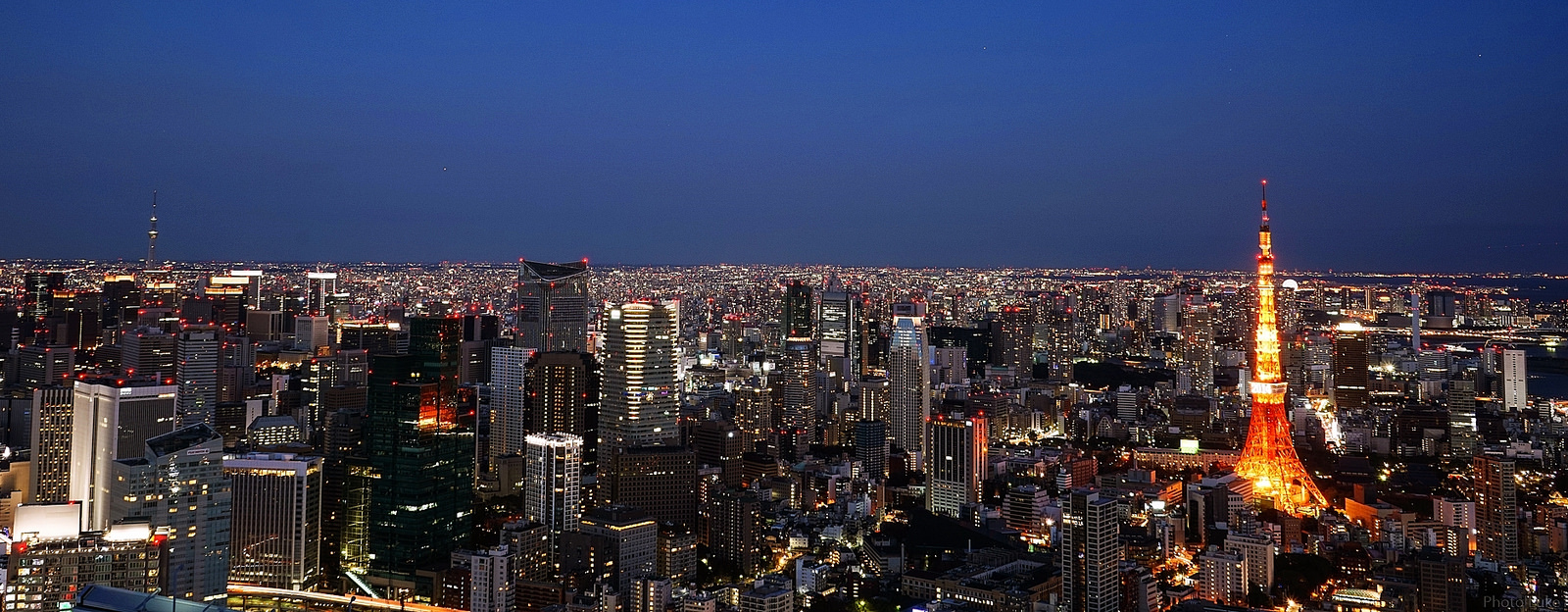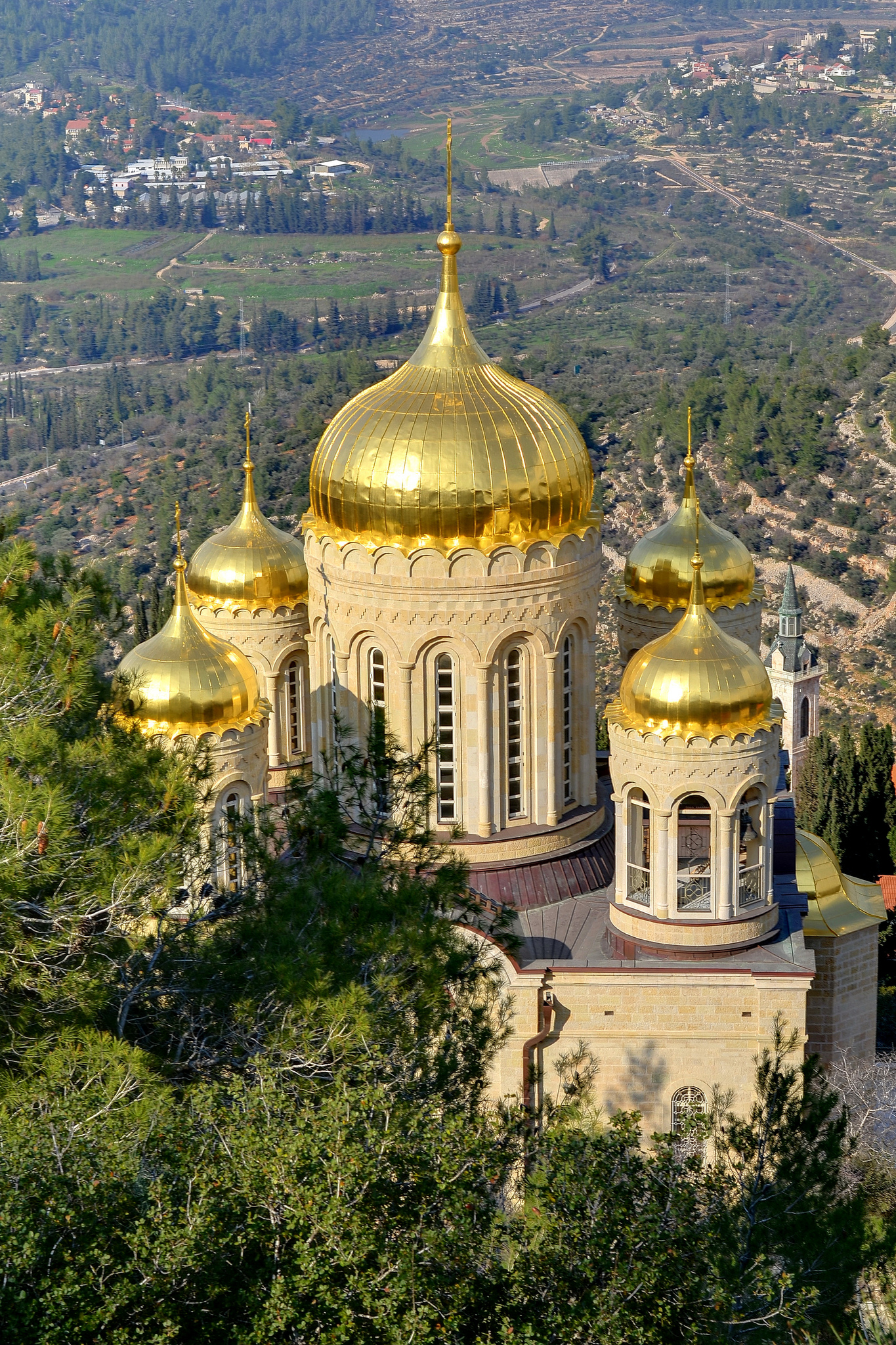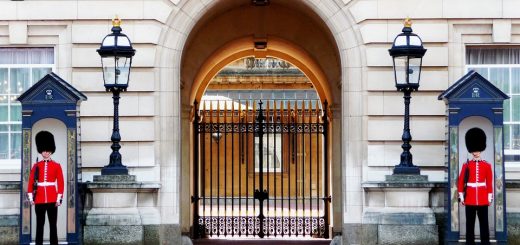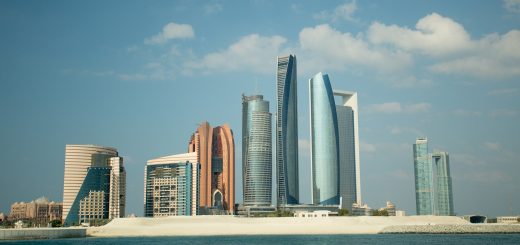Spotlight: this week
Tokyo and Singapore top the safe cities index
What makes a city safe?
According to an Economist Intelligence Unit report titled The Safe Cities Index 2015, Tokyo and Singapore are the safest cities in the world. They looked at fifty cities across four broad areas: digital security; infrastructure safety; health security and personal safety in order to deem which city is safest to live in. This incorporated aspects like how safe residents felt compared with how safe they ought to have felt considering the crime figures and digital security presence.
Japan seems to be the place to be for the safety conscious as Osaka also reached number 3 on the list while Australia can boast of having both Melbourne and Sydney in the top ten. Europe sees Stockholm as its safest city, with Amsterdam and Zurich as number five and seven respectively. Toronto and New York are the North American cities which appear in the top ten, this is an astounding achievement for the latter as it has seen a dramatic decrease in crime figures over the past few decades – an increased digital security and police presence has led to a rise in personal security and a drop in murder rates from the thousands to hundreds. thus making it an altogether safer place to live and work.
Of course, everything comes at a price: there is a direct correlation between living in a safe environment and how costly that environment is. Singapore recently topped the list of the most expensive city to live in, while Tokyo was not far behind. Of the top ten safe cities, Amsterdam and Toronto have the lowest cost of living, with Toronto offering the best value for money.
Country Update: Israel
Rise in emigration of Jewish community to USA and Israel
 In 2014, Israel saw an 88% increase from the year before on Jewish immigrants arriving from Western Europe. There have been further reports of an increase in the planned emigration of European Jews to Israel and the USA recently, the reports suggest that a rise in anti-semitic feeling in Europe, rather than a pro Zionist ideology among emigrants, is what is behind the move.
In 2014, Israel saw an 88% increase from the year before on Jewish immigrants arriving from Western Europe. There have been further reports of an increase in the planned emigration of European Jews to Israel and the USA recently, the reports suggest that a rise in anti-semitic feeling in Europe, rather than a pro Zionist ideology among emigrants, is what is behind the move.
A recent poll carried out in the UK has left the Jewish community feeling marginalised, as according to the poll, almost half of UK residents hold at least one anti-semitic sentiment. This has been done in tandem with a poll of British Jews which showed that more than half of them feel like they didn’t have a future in the UK. The anti-semitic attacks recorded in the UK in 2014 was the highest figure for around thirty years
This sentiment may be being felt all over Western Europe, given the terrorist attacks in Paris and far right demonstrations which have taken a violent turn in Germany. Whilst in Paris following the terror attacks in January, Israeli prime minister Binyamin Netanyahu promised to welcome Jews from Europe with ‘open arms’ to Israel, something which many people within the Jewish community appear to be considering.
Just last week, British actress Maureen Lipman publicly announced her desire to emigrate to either the USA or Israel following the reported mounting anti-semitic feelings in the UK and in Europe in general.
Are you planning to move to Israel? Find information or get in touch with other expats on the Israel section on our Just Landed website.
Country Update: Angola
Angolan soap causes outrage due to gay kiss
This week in Angola, TV soap Jikulumessu was forced to apologise to its viewers as it aired a homosexual kiss on their Monday evening show. Culturally sensitive, and somewhat controversial, topics have been previously dealt with by television programmes in Angola, yet on this occasion they appear to have pushed the boundaries of acceptability. This was the first homosexual kiss on television in Angola and it seems to have caused outrage amongst viewers, many of whom feel that the producers went ‘too far’. The show has been temporarily taken off air, reportedly due to ‘technical faults’.
Unlike many other African countries, homosexuality is not recognised as a criminal act in Angola, although strong conservative social and religious beliefs do prevail. According to LGBTNet, there have been positive developments for homosexuals in Angola as they are increasingly being given a platform to be involved in discussion regarding public health topics and HIV. Unfortunately, the reaction to Jikulumessu this week shows that there is still a lot of work to be done before homosexulaity is widely accepted.
If you’re planning to visit, or move to Angola, you can find out more information about the country on the Angola section on our Just Landed website.
If you are interested in LGBT issues, then you can help us make our site better by taking a few minutes to fill out our LGBT survey.



